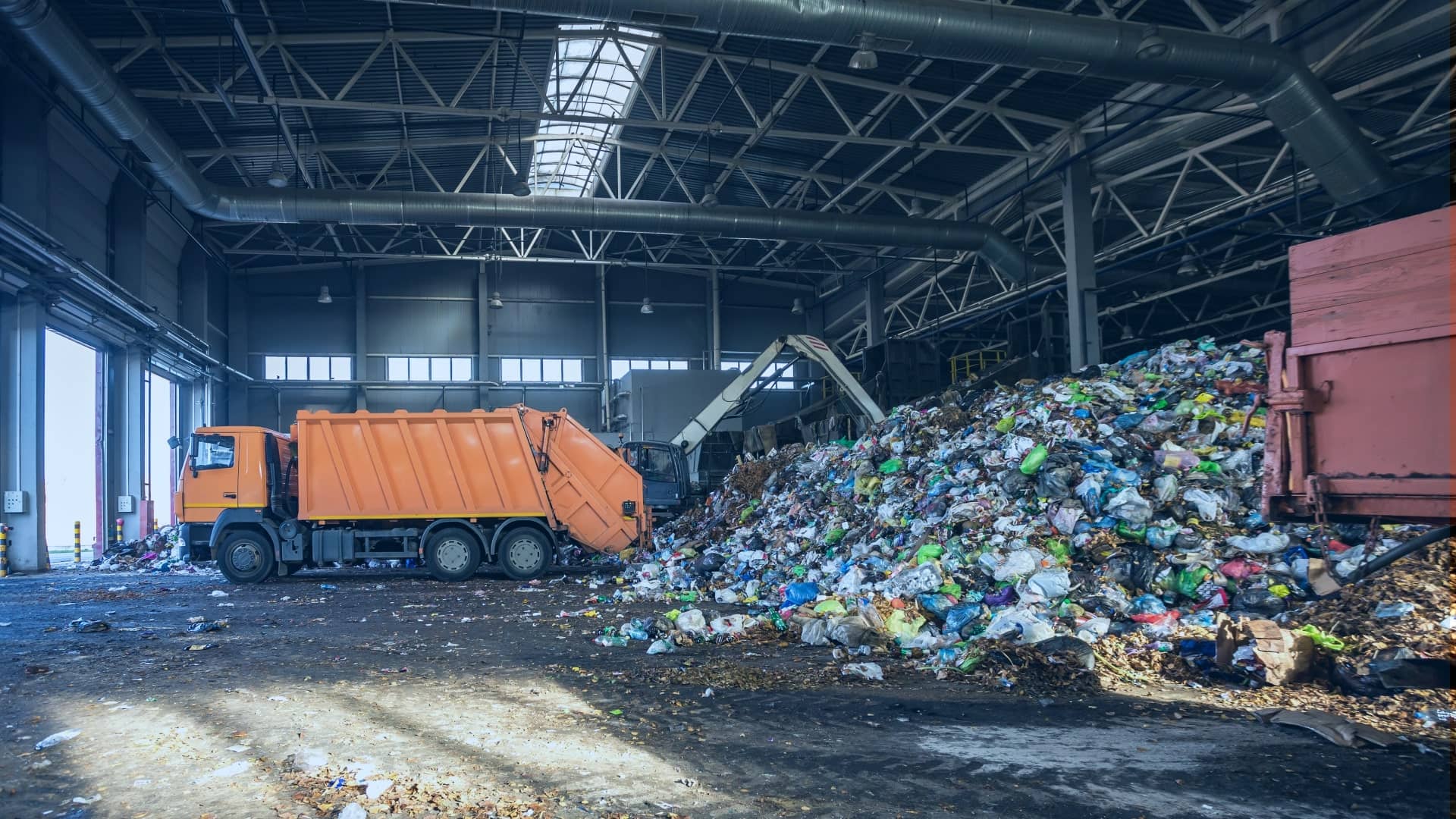Rumored Buzz on Reclaim Waste
Rumored Buzz on Reclaim Waste
Blog Article
What Does Reclaim Waste Do?
Table of ContentsThe Ultimate Guide To Reclaim WasteThings about Reclaim WasteThe Single Strategy To Use For Reclaim WasteReclaim Waste Things To Know Before You Get ThisSome Known Incorrect Statements About Reclaim Waste
Check out the kinds, events, and types of liquid waste. Domestic sewer waste refers to the waste and items from a household septic container. This kind of waste is created by people in homes, institutions, and other buildings. This only consists of sewage-disposal tanks that have a drain field. The proper monitoring and disposal of domestic sewer waste require fluid waste to be transferred to a sewer treatment plant where the appropriate techniques and devices are related to detoxify and deal with waste.
Commercial waste usually includes possible dangers, such as combustible products or a mixture of fluid and strong waste items, and calls for a much more sophisticated and comprehensive disposal process. The disposal of commercial waste normally entails the filtration of waste prior to transport to make certain secure and proper disposal. Industrial waste is produced from byproducts and runoff of commercial processes and production.
This sort of waste can not make use of the exact same sewer monitoring transportation or processes as septic or business fluids. The commercial waste monitoring procedure needs the evaluation and testing of liquid waste before it undergoes the disposal process (liquid waste disposal). Runoff waste is the fluid waste that comes from runoff and excess stormwater in very populated areas or cities
Runoff waste can trigger contamination and flooding otherwise handled effectively. Find out more concerning sewer cleaning and waste management. Making certain appropriate waste administration can protect against catastrophes and decrease ecological injury. Both individuals in residential setups and experts in industrial or production industries can take advantage of comprehending the procedures and policies of fluid waste management.
The Ultimate Guide To Reclaim Waste
Contact PROS Services today to find out about our waste management and disposal solutions and the proper methods to look after the liquid waste you create.
(https://www.provenexpert.com/reclaim-waste/)This supposed 'wastewater' is not just a crucial source however, after treatment, will certainly be launched to our land, waterways or the sea. Used water from bathrooms, showers, baths, kitchen sinks, washings and commercial procedures is recognized as wastewater.

water utilized to cool machinery or tidy plant and tools). Stormwater, a type of wastewater, is overflow that flows from agricultural and metropolitan locations such as roofing systems, parks, gardens, roadways, courses and gutters right into stormwater drains, after rainfall. Stormwater moves unattended directly to neighborhood creeks or rivers, ultimately getting to the ocean.
Reclaim Waste - Questions
In Queensland, many wastewater is dealt with at sewer therapy plants. Wastewater is transported from domestic or industrial websites through a system of drains and pump stations, referred to as sewerage reticulation, to a sewer treatment plant. City governments build, maintain and run most sewage therapy plants. Operators are accredited under the Environmental Security Act 1994 to release treated wastewater at an acceptable ecological criterion right into waterways.
The Division of Natural Resources recommends city governments about handling, operating and preserving sewerage systems and treatment plants. In unsewered locations, local governments may call for householders to set up private or home sewage therapy systems to deal with residential wastewater from commodes, cooking areas, bathrooms and laundries. The Department of Natural Resources authorizes the use of home systems when they are verified to be reliable.
In some new class, therapy of some stormwater to get rid of clutter, sand and gravel has begun making use of gross toxin traps. Wastewater treatment occurs in 4 phases: Gets rid of solid issue.
Wastewater then flows right into big tanks where solids settle and are eliminated as sludge. Grease and residue are skimmed from the surface. Uses little living microorganisms called micro-organisms to break down and eliminate continuing to be liquified wastes and fine fragments. Micro-organisms and wastes are included in the sludge. Gets rid of nitrogen and phosphorus nutrients that might create algal blossoms in our waterways and threaten marine life.
Reclaim Waste for Dummies
Nutrient removal is not offered in any way sewage therapy plants because it needs costly specialist tools. It is becoming more common in Queensland. Clear fluid effluent produced after therapy might still include disease-causing micro-organisms. If this effluent is launched right into rivers such as rivers or the sea, the micro-organisms will at some point die out.

A lot of wastewater flows into the sewage system. Under the Act, local federal governments provide authorizations and licences for eco appropriate activities (ERAs) including wastewater launches that might have a neighborhood effect.
How Reclaim Waste can Save You Time, Stress, and Money.
Otherwise, examples are considered laboratory analysis. Usually numerous tests are required to develop the levels of each of the different contaminants such as oils, hefty steels and chemicals in water. Monitoring gives valid details about water quality and can verify that licence conditions have a peek here are being satisfied. The details acquired via monitoring provides the basis for making water quality decisions.
Report this page